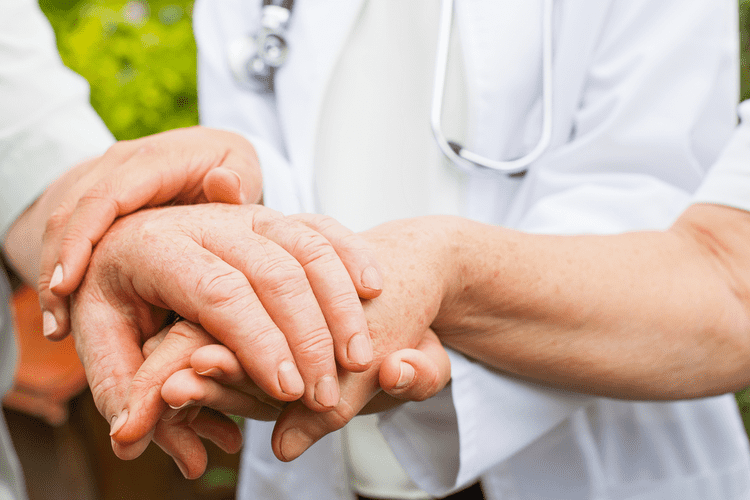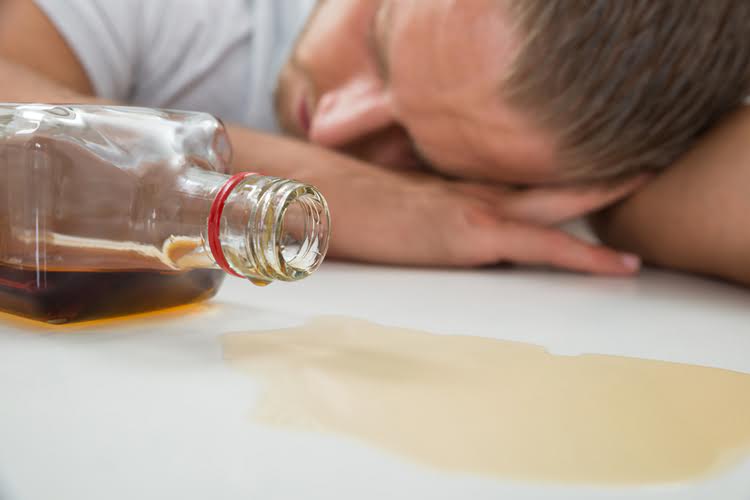Content
Instead, they are a sign that the method of treatment needs to be changed. A multi-year study of people with substance use disorder showed that only about a third of recovering individuals who had been sober for less than a year remained abstinent. Family and friends tend to try to protect their loved one from those consequences, but that often has the unintended effect of enabling the substance abuse to get worse. People in early recovery typically need emotional and material support. This support is helpful and healthy, but it’s important to let them know you will only be supporting their recovery efforts – nothing else.

Furhtermore, individuals who are newly sober may never have had sober sex, and therefore sexual experiences in recovery can be very triggering. Due to arguments, uncomfortability, or insecurity that relationships can cause, this is an area that needs to be taken with caution by a newly sober individual. Your loved one might relapse several times before finding an effective treatment method that keeps them on track. And remember that millions of people who were once experiencing alcohol or other substance dependence are now living happy and fulfilling lives. For many people with a substance use disorder, it’s simply a matter of never having learned the appropriate way to manage anger. Talk to your therapist, other healthcare provider, or sponsor about how to deal with your anger in ways that won’t cause you to harm yourself or others or turn to alcohol or drugs.
Are there any free addiction apps?
We believe that everyone should be treated with dignity and respect. My Peer Recovery Specialist immediately helped me to get into a sober house, where I still am today. I am currently six months sober, and he helped me give my life the organization and direction that I needed to start my journey into sobriety.

With an emphasis on rehabilitation and treatment, drug courts serve only a fraction of the estimated 1.2 million individuals suffering from Substance Use Disorder in the United States criminal justice system. (stigma alert) Drug can mean either a “medication” or a “non-medically used psychoactive substance.” The term drug has a stigma alert due to the ambiguity of the term. This ambiguity may create a barrier to accessing prescription (psychoactive) medications in cases where their use IS medically appropriate. Top 5 Questions to Ask Yourself When Choosing Sober House Many advocate instead to use “medication” or “non-medically used psychoactive substances” to decrease stigma and communicate with greater specificity. A legal right for an insured individual, their provider, or an authorized representative to seek relief against a health plan or third party determination to deny or limit payment for requested behavioral or medical treatment and services. A mutual-help organization or peer support group for people who have been affected by a loved one’s alcohol use disorder.
Youth Drug Treatment Court
An individual is considered to “in remission” if they once met criteria for a substance use disorder, but have not surpassed the threshold number of criteria within the past year or longer. An attempt by a clinician or service worker to connect a patient with substance use disorder to another service. 12 Step meetings that can be attended by anyone (those who identify with a substance use disorder, as well as those who do not).
House leadership positions are limited to 6 months so that members all have a chance to be decision makers. Various levels of treatment intensity ranging from weekly outpatient therapy to more intensive medically monitored or medically managed hospitalization. Type of non-medically credentialed addiction treatment provider. Counselors vary across jurisdictions in their titles, their required level of education, and required level of training.
Appointments
Support your recovery by avoiding people, places, and situations that trigger your urge to use. Inpatient rehabilitation – A full-time facility provides a supportive environment to help people recover without distractions or temptations. An SUD is a treatable, chronic disease, characterized by a problematic pattern of use of a substance leading to noticeable impairment or distress.
Will you be happier without alcohol?
Drinking alters brain chemistry by releasing an artificial level of dopamine that cannot compete with the normal levels released during other joyful activities, hence making them less pleasurable. Regular drinking also lowers levels of serotonin, GABA and endorphins, the very things that make us feel happy and calm.
Sober living allows you to regain the positive aspects of your life. At Olympia House Rehab, we address co-occurring disorders such as depression and anxiety that can impact addiction. The hardest part to recovery is admitting you have an addiction. Substance use disorders affect the brain causing it to look for excuses and justifications to keep using. Heightened anxiety can manifest itself in a variety of harmful behaviors, not least among them the increased use of drugs and alcohol. The COVID-19 crisis has created heightened anxiety and depression, increasing the risk of substance abuse.
Outpatient counseling– Helps people understand addiction, their triggers, and their reasons for using drugs. This form of treatment can be done at a doctor’s office or via telehealth appointment. They’re about growing along spiritual lines, and sobriety is a by-product of that. Living by spiritual principles is not something that other 21-year olds were doing. There weren’t as many young people in recovery as there are today.
- Over the past 15 years, Chris has worked as a tireless advocate for addicts and their loved ones while becoming a sought-after digital entrepreneur.
- Allow the person to learn how to gracefully reject tempting offers by themselves.
- You can also set it up to send notifications and daily motivational messages.
Instead, she advises people in recovery to choose a partner they feel safe enough around to truly be themselves and whose company they enjoy. People in recovery might choose to date a very different type of person when they first quit using as compared to when they have achieved a year of sobriety, observes Desloover. Recovering people often have learned to either shut down and hold in their emotions for fear of being hurt or to romanticize their relationships and fall in love at the first opportunity, without discriminating. After we accept the past, we can provide ourselves with the opportunity for change in the future.
SoberTool
There are many other reasons it is encouraged not to date in sobriety. For example, dating and intimacy often involves alcohol, and a newly sober individual may not know how to navigate the dating scene without alcohol or drug use. Additionally, relationships (even long-term relationships that existed prior to recovery) can trigger unpleasant and unwanted emotions that a newly sober individual may not know how to cope with.